
There is nothing quite like the anticipation of a new Christopher Nolan movie. A gifted storyteller with a knack for head-spinning narratives and maximalist spectacle, he’s one of the few contemporary directors who consistently turns original ideas into grand cinematic experiences that cry out to be watched on the biggest possible screen. His latest, a three-hour historical epic about J. Robert Oppenheimer, the infamous theoretical physicist known as the father of the atomic bomb who oversaw the Manhattan Project near the end of World War II, is now out in cinemas.
To honor his long-awaited return to theaters, we embarked on the mammoth task of ranking every title in a glittering, industry-defining career that now spans 25 years. So how does “Oppenheimer” stack up among his all-time best? From micro-budget thrillers to star-studded blockbusters, here’s our ranking of all 12 of Christopher Nolan’s feature films.
12. Tenet (2020)
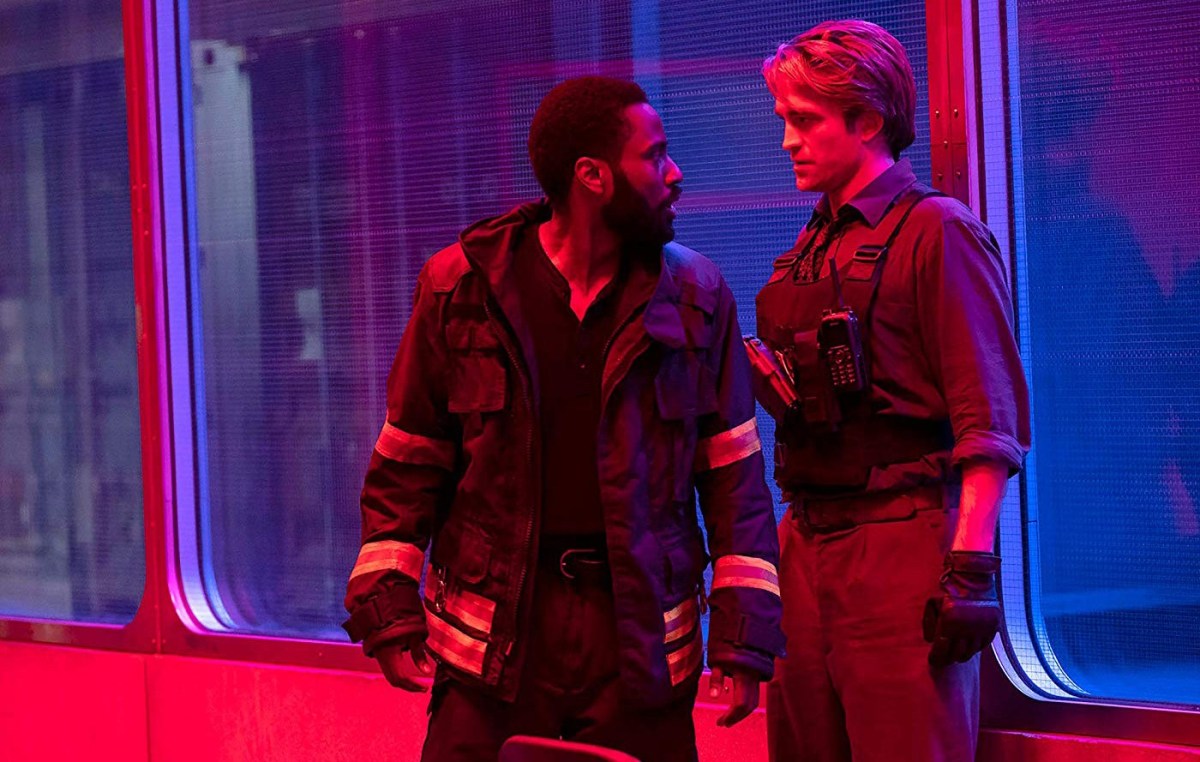
In which Nolan finally makes the unambiguous James Bond riff he’d been tinkering with his entire career: a high-concept, globe-trotting espionage thriller about weaponized time inversion, quantum physics, global Armageddon and… palindromes? Three years removed from its lockdown-era theatrical release, which resulted in Nolan’s much-publicized split with Warner Bros., many of us are still trying to wrap our heads around this barely coherent brainteaser, which finds the director so hellbent on one-upping himself that he forgets to consider why we should care about any of these characters in the first place.
“Don’t try to understand it, just feel it,” suggests John David Washington, who plays a nameless agent dispatched on a covert operation to save the world, an actual line of dialogue that doubles down as a useful advice to any viewer who may grow tired of all the science mumbo jumbo and dry expositional dumps the film heavily relies on. Once the screen fades to black, though, that feeling can be described as a sour mix of bafflement, frustration, and utter indifference.
11. The Dark Knight Rises (2012)
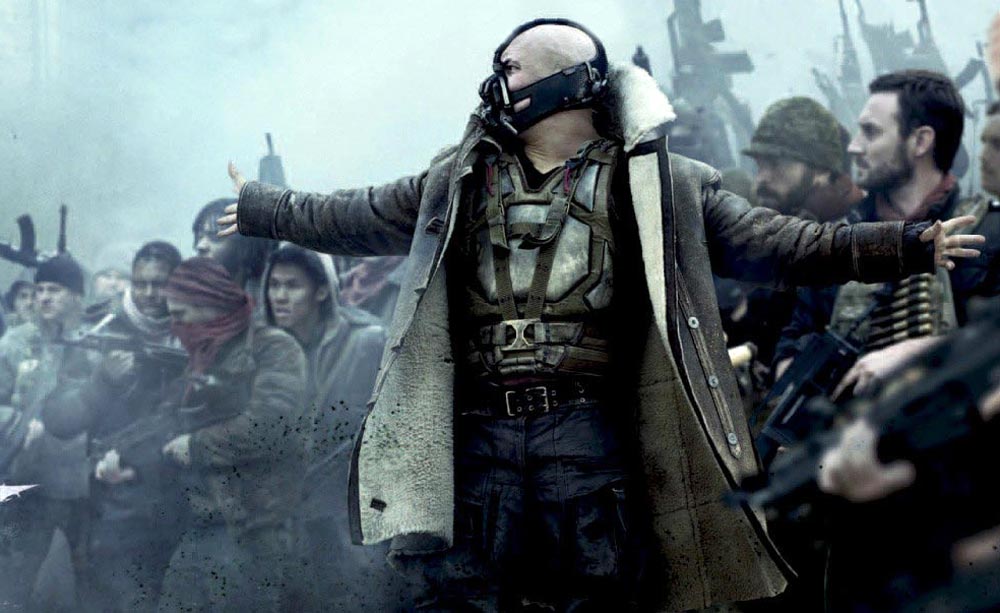
“The Dark Knight” set what many consider to be an unreachable bar to cross when it brought the superhero genre to a whole new level in the summer of 2008. Hence, it would have been virtually impossible for Nolan’s long-awaited trilogy capper to live up to the lofty expectations established by its predecessor (spoiler: it sure as hell didn’t).
As flawed and ultimately unsatisfying as the end result may be, though, one can’t fault the British filmmaker for not trying his darndest to give a proper sendoff to Bruce Wayne and finish his blockbuster saga on a high note. “The Dark Knight Rises”, which picks up eight years after the events of the second film and finds Gotham’s Cape Crusader face off against Bane (Tom Hardy), features some of the most gripping set pieces ever seen in a superhero movie. But where its predecessor struck a fine balance between taking its source material seriously and embracing its pulpy comic-book roots, “Rises” feels at once silly, overstuffed and shockingly weightless. Anne Hathaway’s cunning Selina Kyle is a welcomed addition, but there’s just so many outlandish last-minute reveals one can sit through before your eyes roll back into the back of your head.
10. Following (1998)
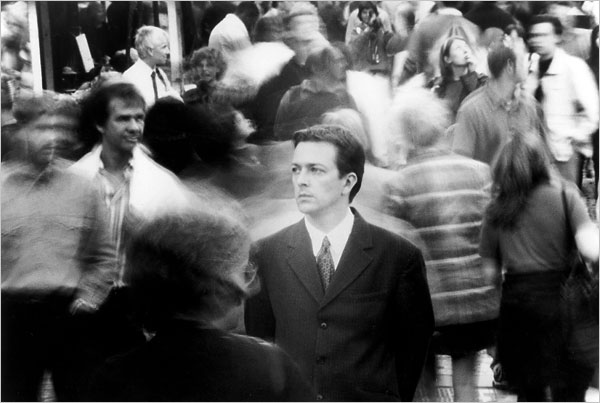
While he was working full-time, Christopher Nolan took his first steps into Hollywood stardom with a stripped-down, black and white thriller about an unemployed young writer who follows strangers on the streets of London in search for inspiration for his first novel until he crosses paths with a small-time burglar named Cobb (not the one you’re thinking of, though), who in turn leads him down a dark criminal path.
Despite its shoestring budget, amateur cast, and 69-minute runtime, there are spurts of Nolan’s stylistic flourishes, career-long obsessions, and future hallmarks that would pop up again in his work down the road. However, you can sense the first-time filmmaker wasn’t entirely confident behind the camera at the time and his signature skills and bravura hadn’t arrived fully formed just yet. Nolan-heads, completionists and noir aficionados alike should find plenty of reasons to add this early artifact to their queue.
9. Insomnia (2002)

A sleep-deprived L.A. detective (Al Pacino) is dispatched to a secluded Alaskan fishing village to investigate a sex murder in this well put-together yet painfully unremarkable English-language remake of the 1997 Norwegian film of the same name.
Despite being the only screenplay in Nolan’s catalog that he didn’t write himself, you can see why the director chose to adapt this potboiler and was instantly drawn to its clever web of intrigue, murder, and ambiguity. Al Pacino and Robin Williams are obvious highlights as two men driving toward each other on a collision course, but it’s the nuanced unfolding of the protagonist’s morality, as the lines between right and wrong become increasingly blurred, that gives the movie the extra punch it needs to make it make it a welcomed addition to the Nolan canon.
8. Interstellar (2014)
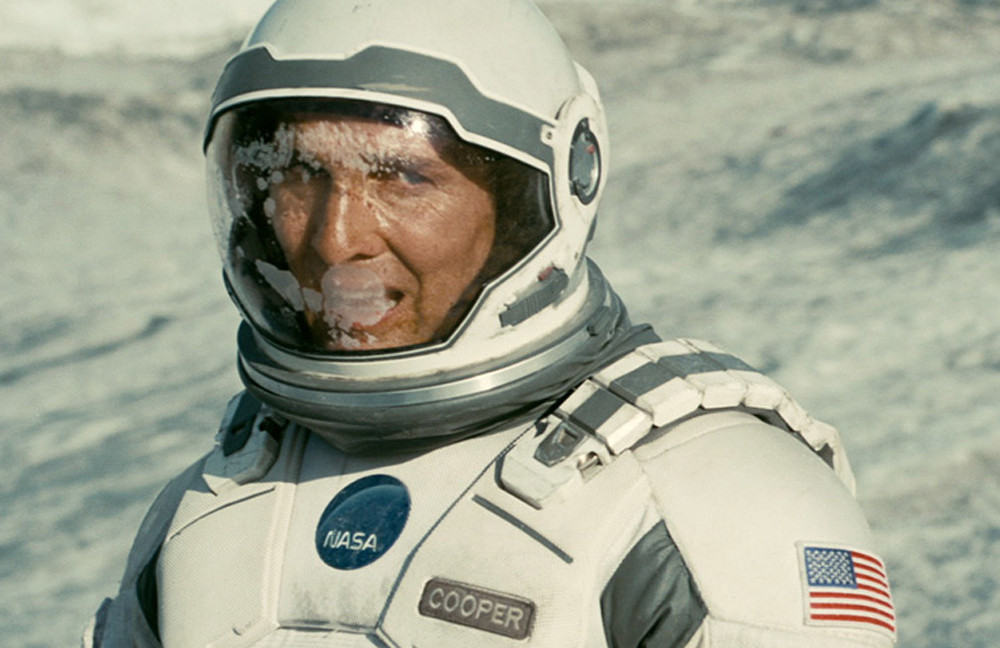
“Interstellar” is a deeply frustrating watch precisely because it is an all-around good movie that truly swings for the fences and comes extremely close—almost disappointingly so—to being a capital-G great movie, fumbling it right on the goal line.
Nolan took a page out of “2001: A Space Odyssey” in writing the story of a former NASA pilot (Matthew McConaughey) who leaves his family behind to embark on a cosmic journey throughout the cosmos in hopes of finding a new home for humanity. Those familiar with the 1968 sci-fi movie will know that its director Stanley Kubrick always abided by the same “show don’t tell” praxis that remains unequivocally alien to Christopher Nolan—a gifted storyteller who, god bless him, has a bad habit of repeatedly banging audiences over the head with his themes.
The central thesis here is that love transcends space and time, which on paper seems like a solid emotional baseline to ground an outer space crusade of such colossal scale. Regrettably, Nolan’s clumsy execution leaves much to be desired, keeping “Interstellar” a few tiers below the sci-fi cornerstones it models itself after.
7. Batman Begins (2005)
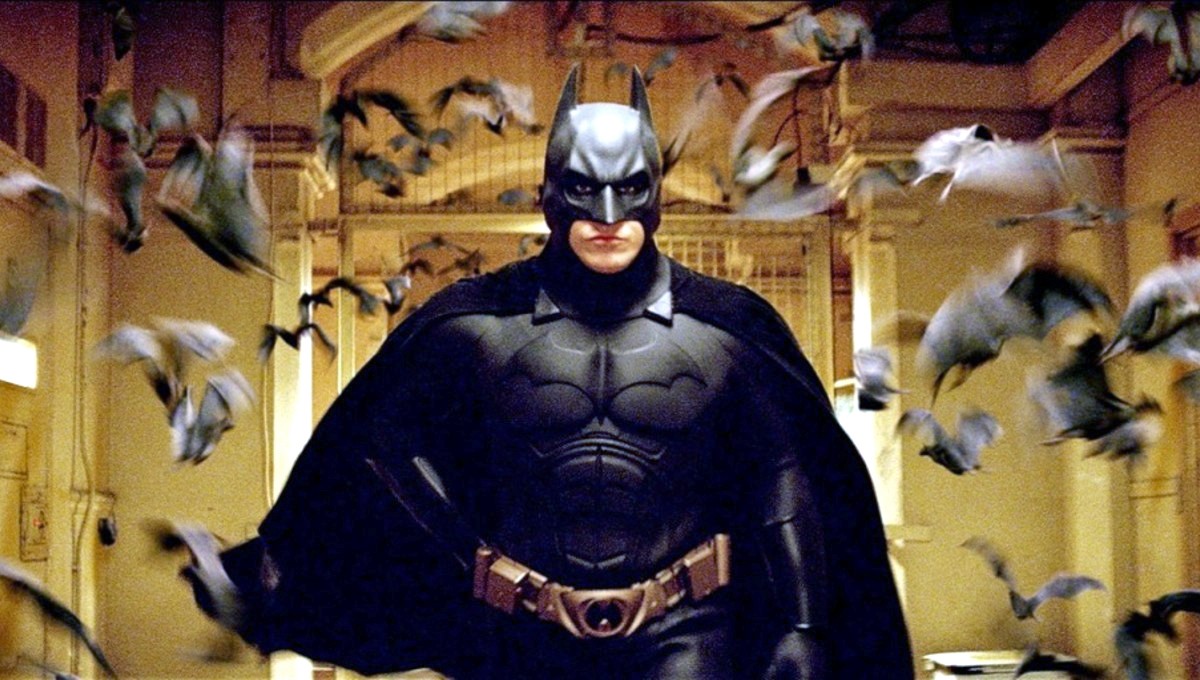
Three years before Kevin Feige set in motion the most profitable IP behemoth in cinematic history, Nolan staked his claim at the top of superhero hill with a gritty, grounded and refreshingly modern take on Batman that in many ways legitimized what was back then a frowned-upon strain of movies like comic book adaptations.
Moviegoers who’d been clamoring for ages for a worthy cinematic rendition of their favorite Caped Crusader got their wish granted once Warner Bros. realized it was time to hit the reset button and do a complete do-over after Joel Schumacher had run it to the ground during the nineties. Enter Christopher Nolan’s reboot, a watershed moment in the industry that simultaneously set a new bar for franchise blockbusters and laid the groundwork for the current superhero craze that’s taken over Hollywood lately.
Revisiting “Batman Begins”, which bridges the gap between Bruce Wayne’s tragic origin story and first duties as the bat-themed vigilante, it is pleasing to see how the film manages to ground its popcorn thrills in compelling human drama, a key formula future treatments would completely step over.